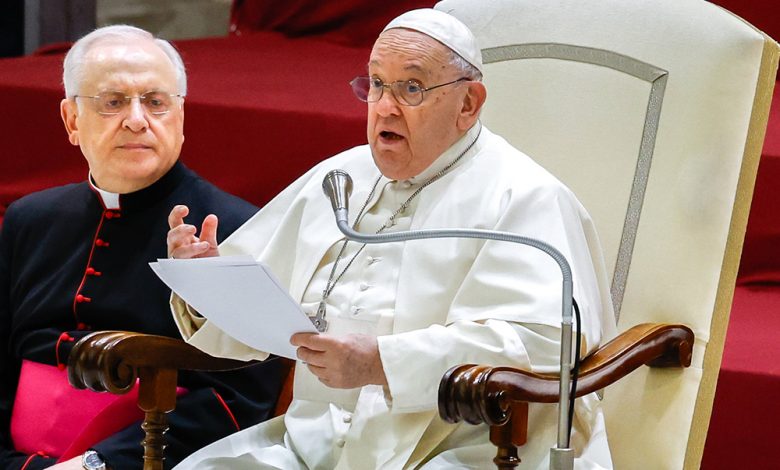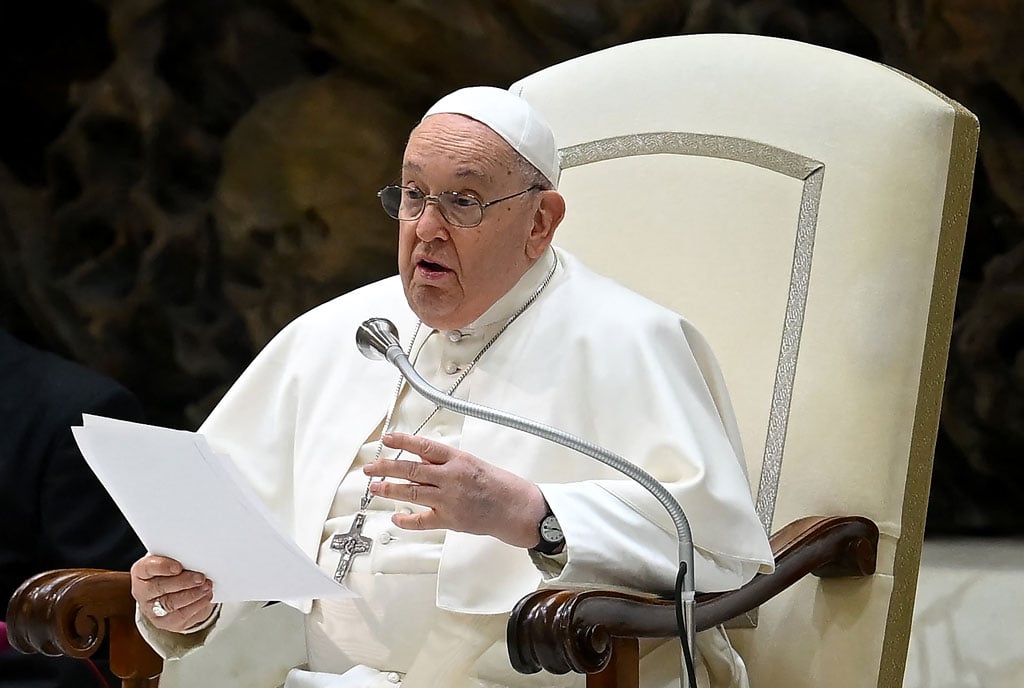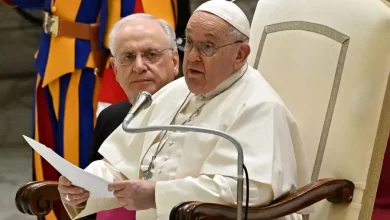Pope Francis defends blessings for same-sex ‘people’

Pope Francis defends blessings for same-sex ‘people’: In an effort to appease his conservative critics, Pope Francis defended the Catholic Church’s recent acceptance of blessings for same-sex couples on Friday.
Read Also: Britain’s King Charles III admitted to hospital for prostrate surgery
The Vatican’s Dicastery for the theology of the Faith, which oversees Roman Catholic theology, stated in December that, in certain situations, priests could bless same-sex and “irregular” couples.
That caused a stir in some circles, especially in Africa, where detractors accused the Church of reversing its positions on homosexuality and gay marriage, two topics it holds dear.
“These blessings… do not require moral perfection in order to be received,” the pope said during an audience with members of the dicastery.
“When a couple asks for it, it is not the union that is blessed, but simply the people who together have asked for it,” he said.
“Not the union, but the people, naturally taking into account the context, the sensitivities, the places where one lives and the most appropriate ways to do it,” Pope Francis added.
Priests could only bless same-sex couples, divorcees, or single couples in “non-ritualized” contexts—never in connection with civil unions or weddings—according to the initial decree, which issued a warning.

The dicastery defended itself earlier this month, asserting that the Church was “clear and definitive” on marriage, which it maintains can only occur between a man and a woman, and sexuality, for which homosexuality is regarded as a sin.
However, when implementing the measure, it advised “prudence and attention to the ecclesial context and to the local culture.”




